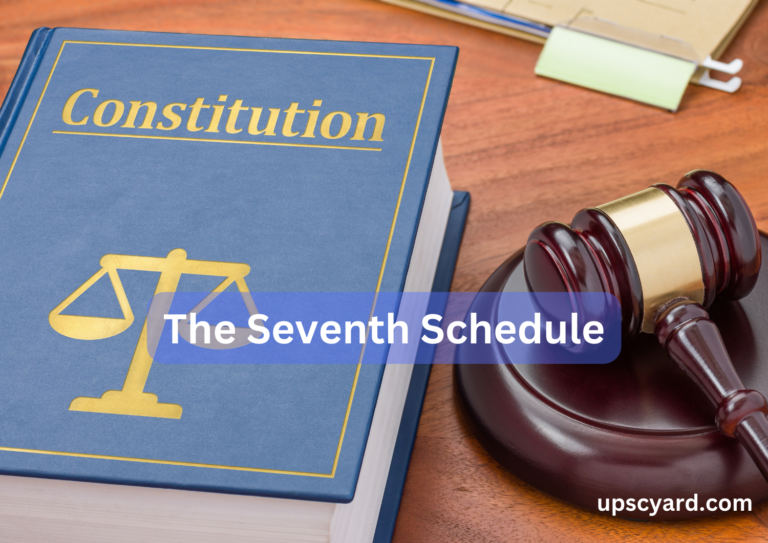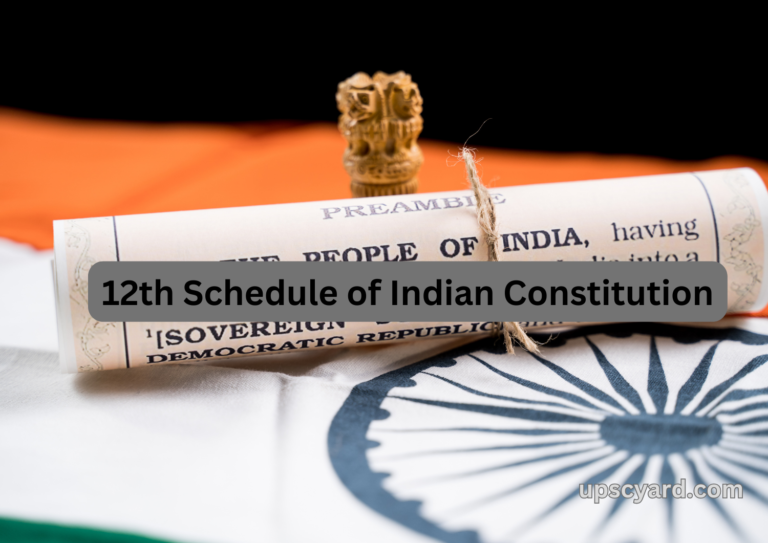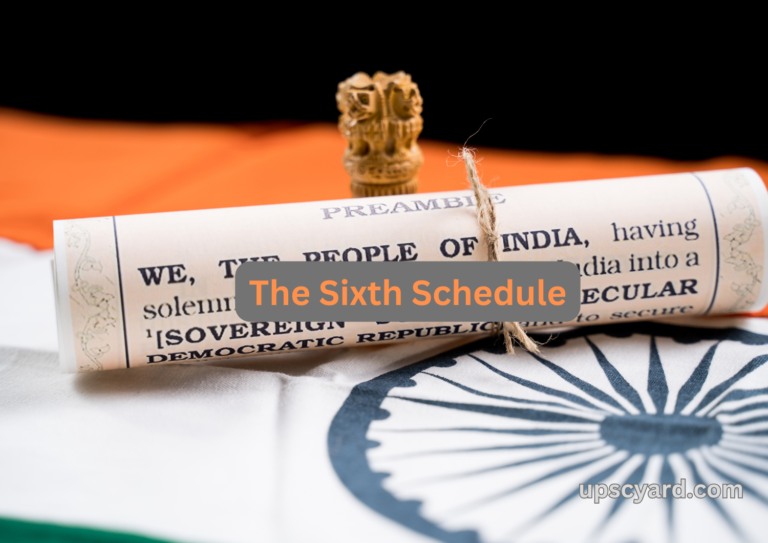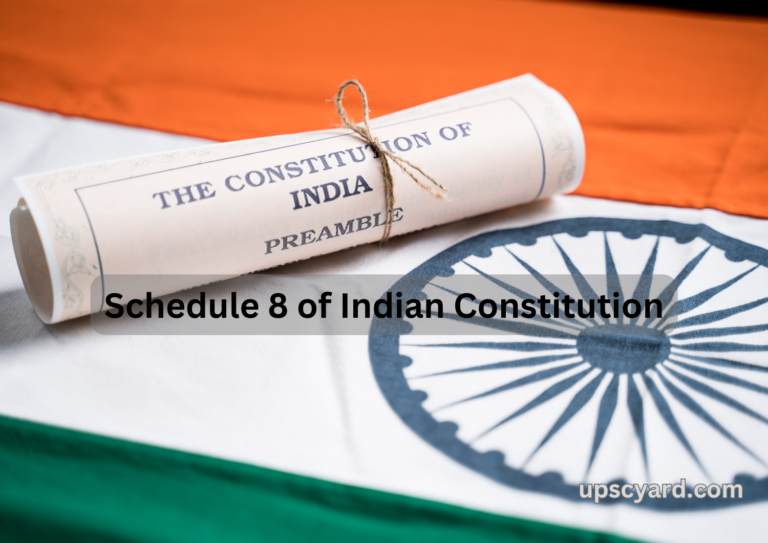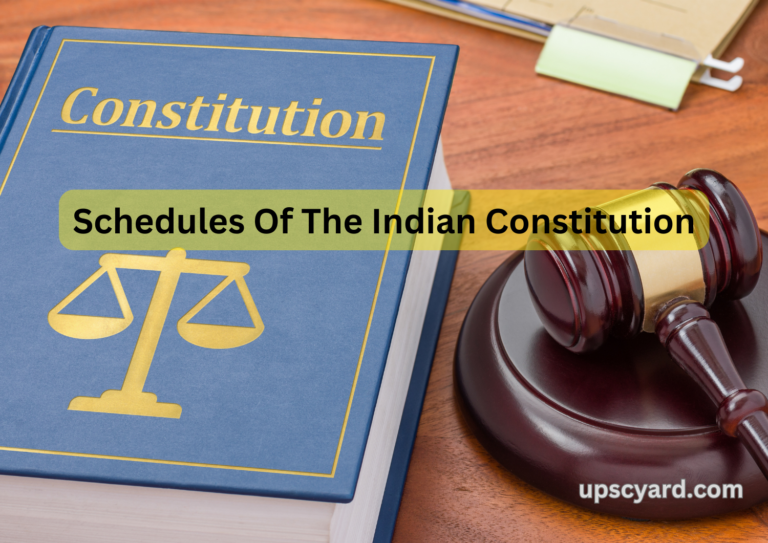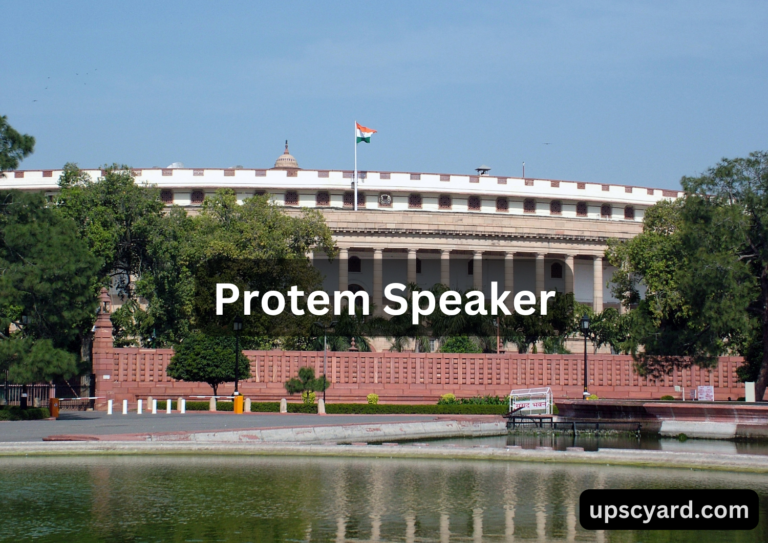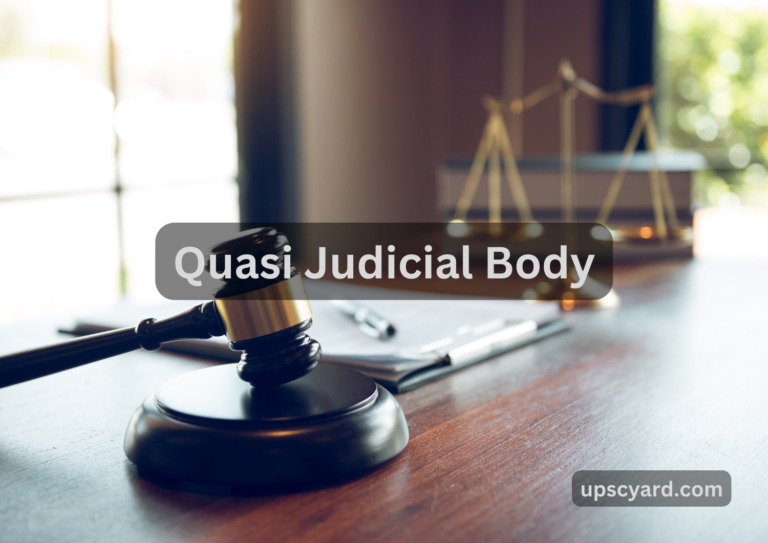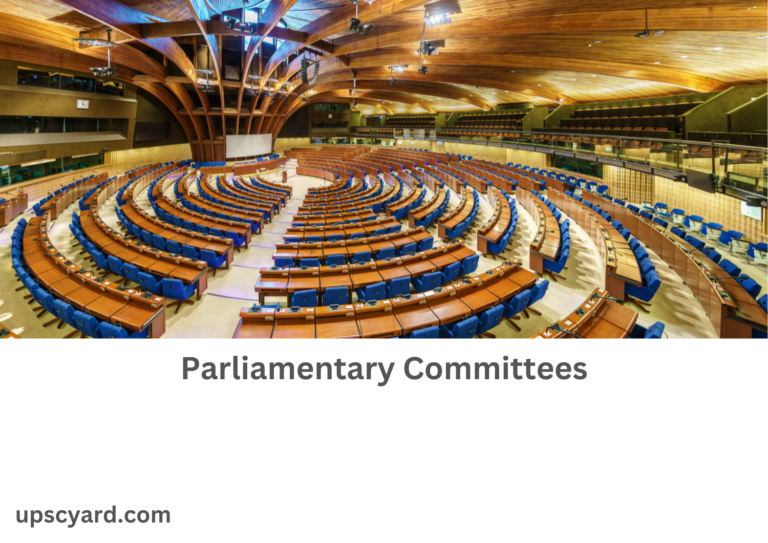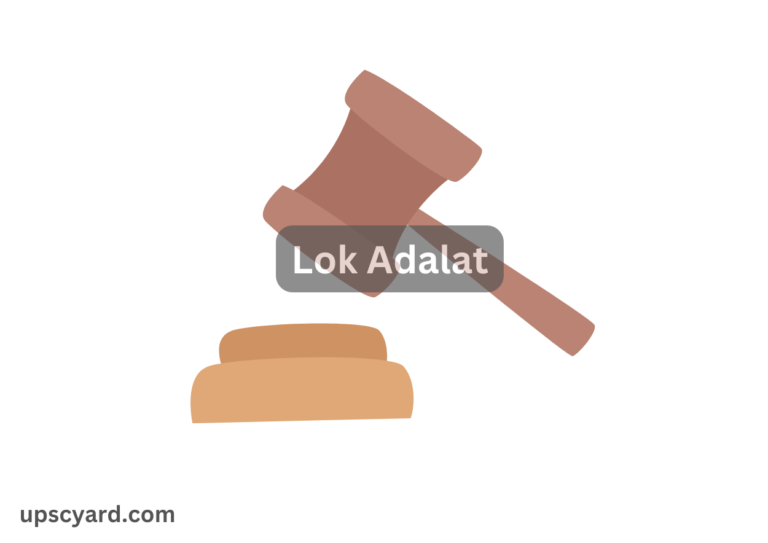Law Commission Of India UPSC : An In-Depth Exploration

Unveiling the Essence of the Law Commission of India UPSC: An In-Depth Exploration In the multifaceted realm of legal dynamics in India, the Law Commission stands as a bastion of legal evolution and reform. This comprehensive article aims to delve…

